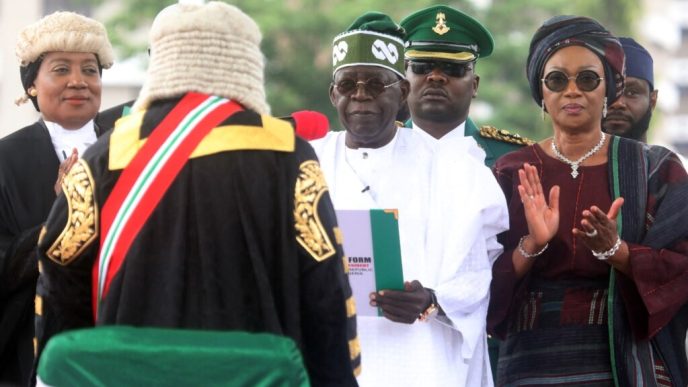Former federal legislator, Farah Dagogo, has raised alarms over the handling of the 13% derivation funds by governors in the nine Niger Delta states, funds that are earmarked for the benefit of oil-producing communities.
In a statement issued in Port Harcourt on Monday, Dagogo, who previously represented the Bonny-Degema Federal Constituency in the House of Representatives, expressed his concerns.
The statement, signed by his media aide, Ibrahim Lawal, which was observed by Naija News.
Dagogo, a gubernatorial aspirant under the Peoples Democratic Party (PDP) in the 2023 general elections, noted that the Niger Delta has received trillions of naira over the past 23 years through the 13% derivation fund.
He highlighted that over ₦600 billion of this sum has been disbursed in the first half of 2024 alone.
Despite this, Dagogo criticized successive governors in the region for failing to improve the living conditions of the communities.
He pointed out that many people in the region still endure “squalor, diseases, and the worst forms of poverty.”
Dagogo acknowledged that while the Federal Government has not met all expectations, it has consistently increased the 13% derivation allocated to the Niger Delta states.
He provided detailed figures to illustrate the allocations made in 2024, noting that ₦57.92 billion was released in January, ₦85.10 billion in February, and ₦166.24 billion in March. The figures for April, May, and June were ₦90.12 billion, ₦120.45 billion, and ₦106.50 billion, respectively.
Dagogo argued that the governors’ mismanagement of these funds has led to widespread disillusionment among the people.
He lamented that the intended beneficiaries—oil-producing communities—have seen little to no improvement in their living conditions, despite the substantial funds allocated for their development.
Instead of acting as responsible custodians of these funds, Dagogo accused the governors of treating the derivation money as “free money” to be spent at their discretion.
He emphasized that the 13% derivation is constitutionally mandated to address infrastructural decay and degradation in oil-producing communities.
Dagogo further criticized the governors for prioritizing their own financial gain over the needs of the communities.
He questioned why these leaders, who are entrusted with the funds on behalf of their communities, show such indifference to their plight.
He also highlighted the ongoing conflicts between former governors and their successors as a result of this mismanagement.
Dagogo called for a thorough investigation into the spending of the derivation funds, urging for transparency and accountability.
He expressed doubt, however, that any concrete explanations would be provided, noting the general apathy that has developed among the people due to their prolonged deprivation.












